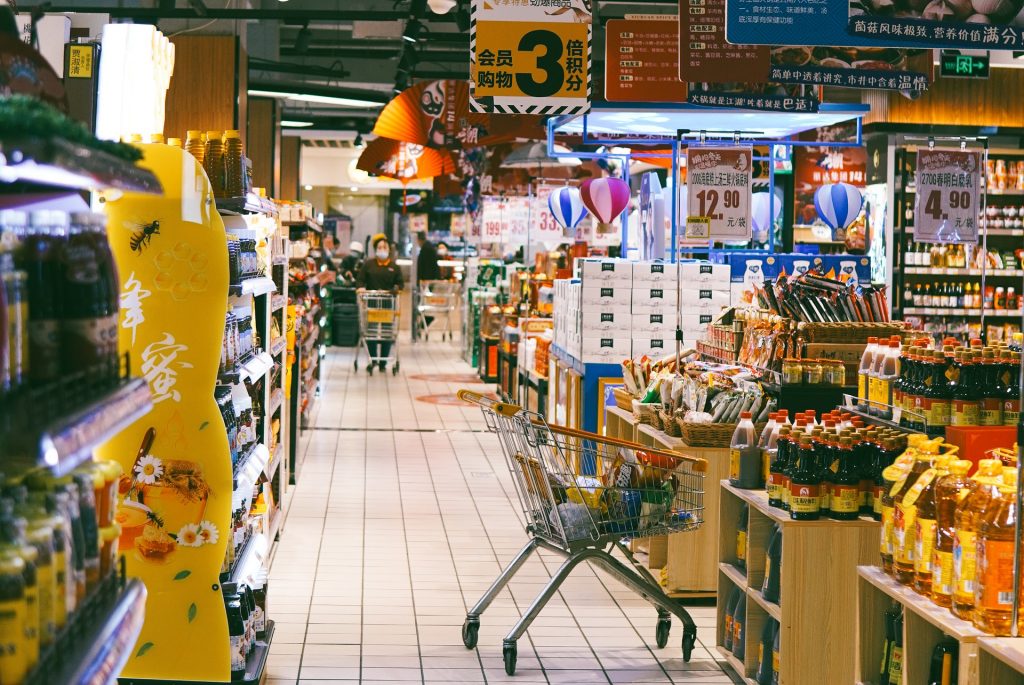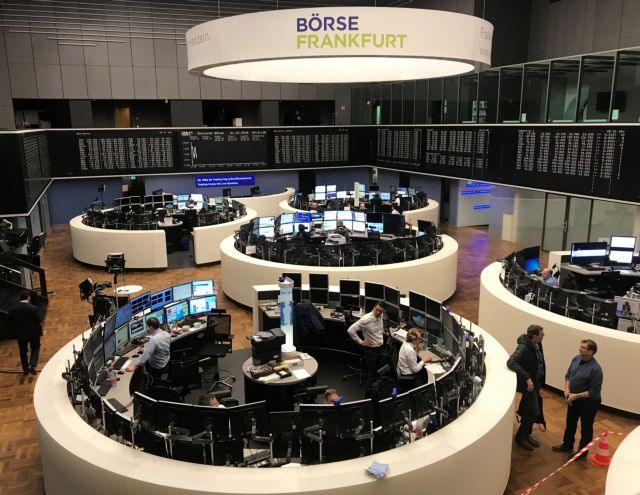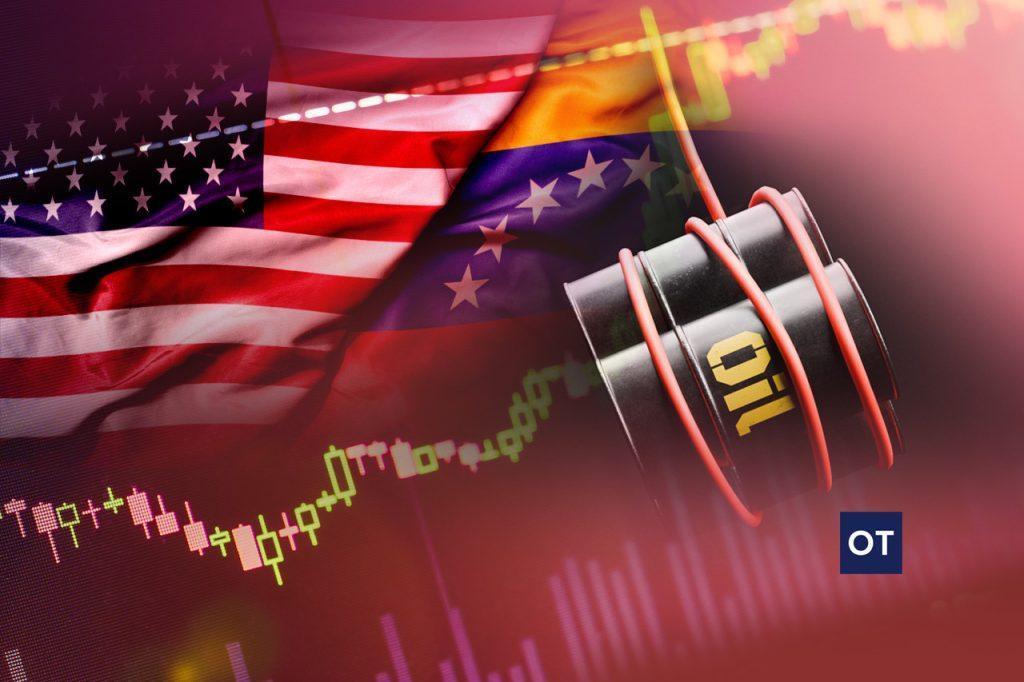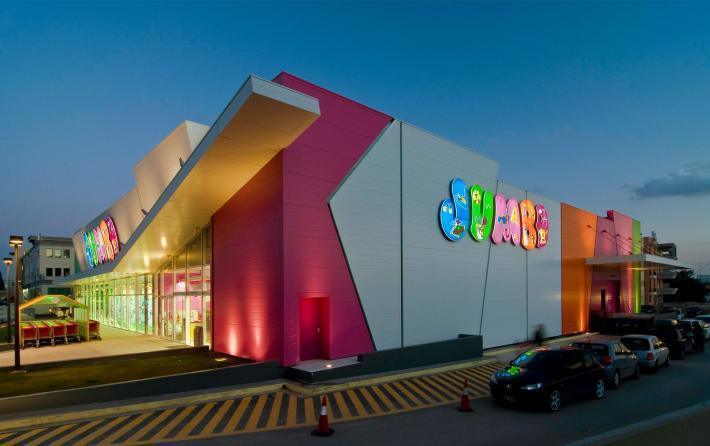The rise of supermarkets has not stopped, since for the second consecutive year they are defeating the “other” retail.
Based on NielsenIQ data on the trend of sales in organized food retail in 2021, it is found that the shift of consumption from stores to organized retail chains, which began “violently” at the beginning of the coronavirus pandemic, is not cyclical. but is now a clear trend, which in fact is recording increasing rates.
So at a time when most commercial enterprises, according to data from the Hellenic Confederation of Commerce and Entrepreneurship (ESEE), in 2021 had less revenue during the summer discount period, while only 1 in 7 companies was very to very satisfied with its performance during the holiday season, sales of bazaar products (clothing, electrical appliances, books, tools, garden items, car items, home appliances, etc.) within supermarkets increased by 14.9%.
The cumulative growth of supermarket chains in the two years of the pandemic reached 11%.
It should be noted that bazaar items, from school and seasonal items to dishes, glasses, clothes and toys, were the category that last year saw the largest increase in organized food retail, according to Nielsen.
Supermarkets on a sprint
Overall, organized food retail (food stores over 100 sq.m. in mainland Greece and Crete, excluding the islands) closed positively in value at + 1.3% in 2021, after + 9.7% in 2020 due to panic buying effect.
FMCGs (fast-moving consumer goods) as a whole showed a relatively moderate trend, at + 0.7%, in 2021.
The double-digit increase of all the bazaar categories within supermarket chains in 2021 is added to the double-digit increase recorded by these items in 2020 (+ 10.7%). And even when during the many lockdowns in these two years supermarkets did not have the opportunity to sell bazaar products – mainly clothing, footwear, etc. on the basis of relevant ministerial decisions.
Or the reaction of the “other” retail
The benefit of supermarket chains from the pandemic, when the rest of the market was left half-open for a long time, or completely closed due to restrictive measures and the strengthening of their relationship with the consumer public, both through their physical stores and through of digital channels which they developed quickly, did not go unnoticed by the rest of the retail representatives.
A typical example is Apostolos Vakakis. In addition to “whining” over pressure from energy and transportation costs, the powerful Jumbo shopkeeper has repeatedly spoken out against the government, accusing it of creating unfair competition by excluding supermarkets and “hypermarkets”, as he says, from the implementation of measures to prevent the spread of the coronavirus.
It should be noted that Jumbo is considered a major competitor to supermarkets at various times of the year such as Easter, Christmas or during the seasonal sale, as it ranks high enough in spontaneous consumer reports.
The more “relaxed” way of operation of the supermarkets was at times criticized by big commercial associations, such as the Piraeus Commercial Association, which spoke of injustice, while ESEE also spoke about conditions of unfair competition to the detriment of trade, pointing out that Vaccinated consumers prefer supermarkets, where they are not controlled at the entrance, to buy several of the items sold in stores.







































